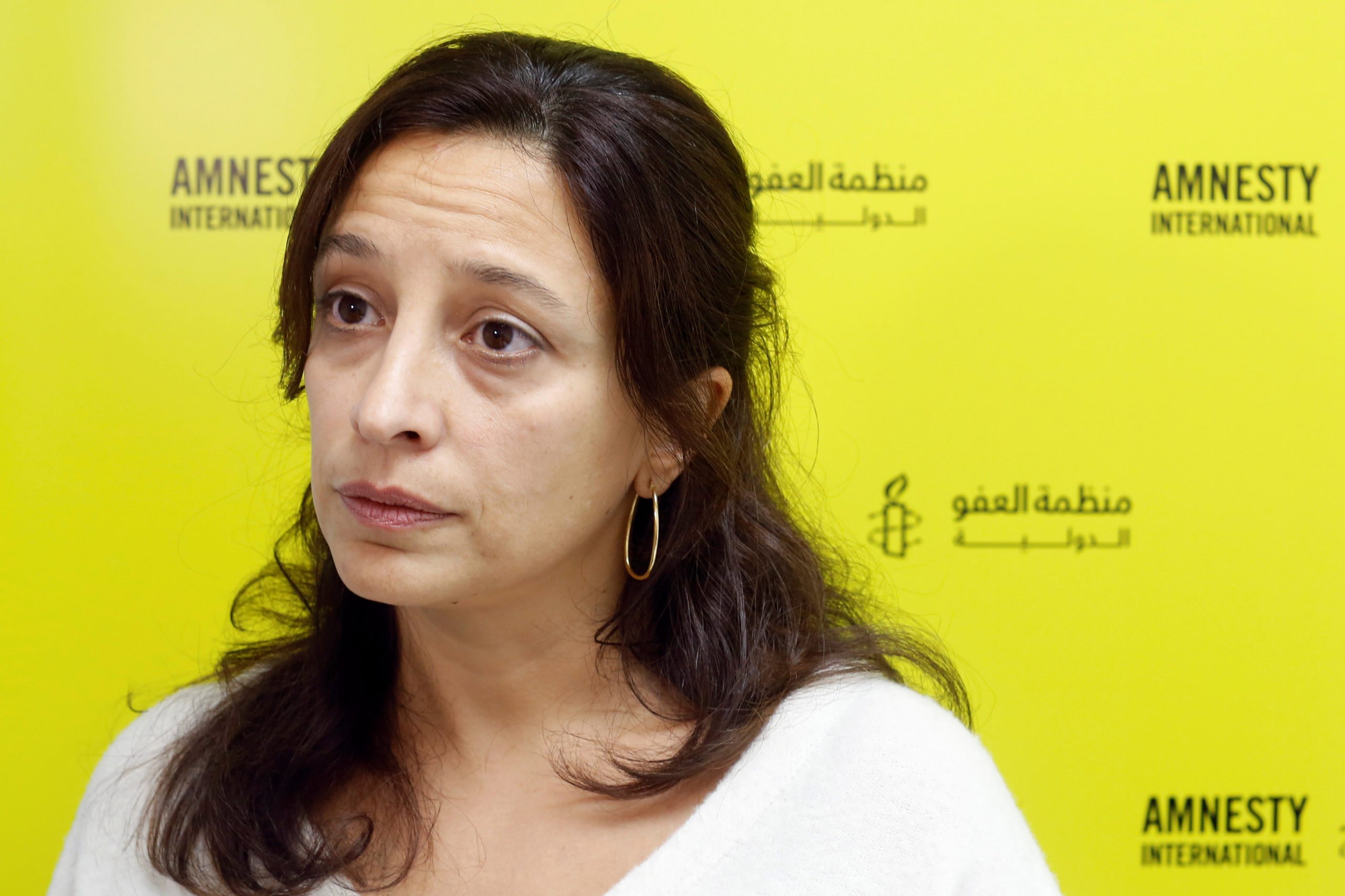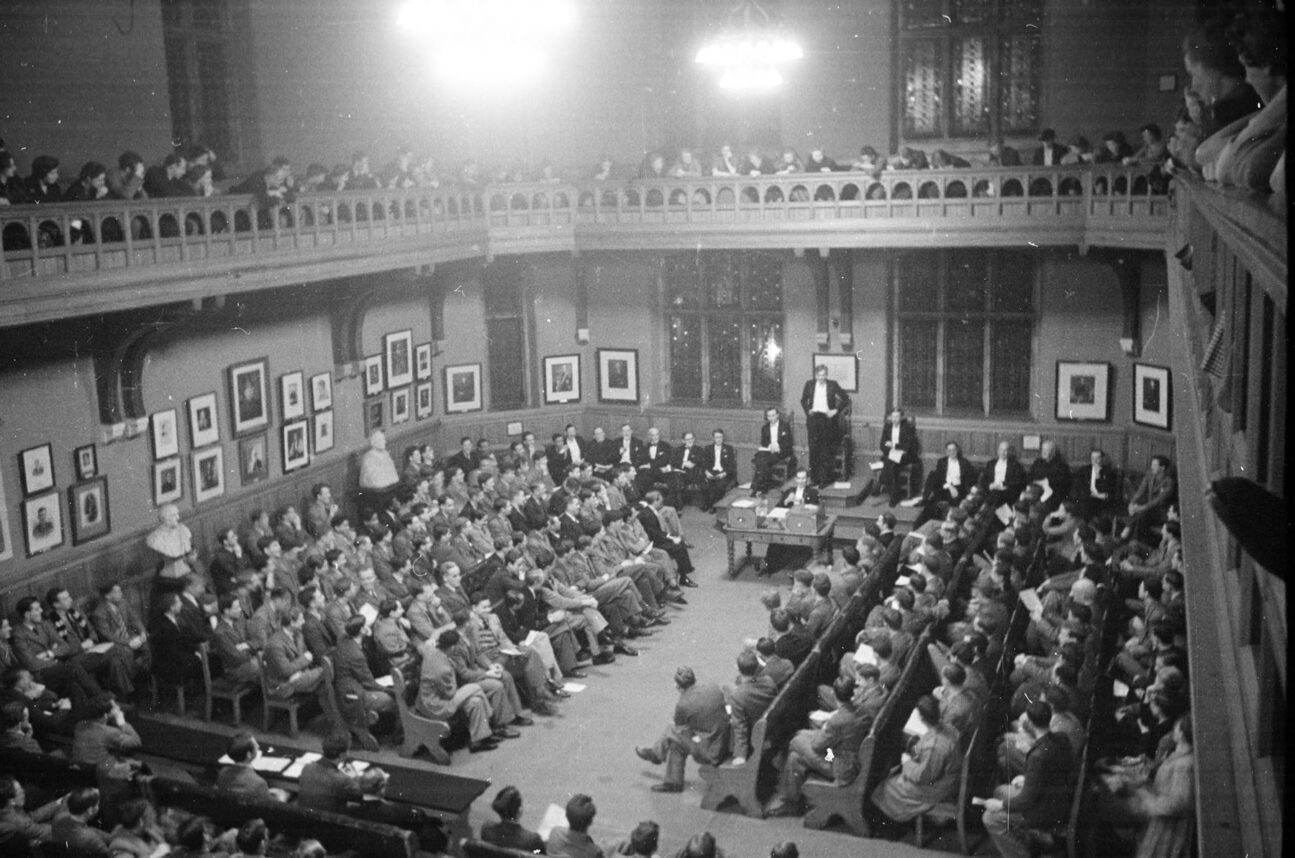
Amnesty International says as many as 13,000 hanged at prison
A new report by Amnesty International describes a campaign of mass hangings and extrajudicial executions at Saydnaya prison. Since 2011, at least once a week, groups of up to 50 people were taken from their prison cells and hanged to death. In five years, as many as 13,000 people, most of them civilians believed to be opposed to the government, were hanged in secret at Saydnaya.
The report called “Human Slaughterhouse: Mass hangings and extermination at Saydnaya prison, also shows that the government of Syrian President Bashar al-Assad uses torture and deprives detainees of food, water, medicine and medical care. The report shows how these policies have killed large numbers of detainees.
“The horrors depicted in this report reveal a hidden, monstrous campaign, authorized at the highest levels of the Syrian government, aimed at crushing any form of dissent within the Syrian population,” said Lynn Maalouf, Deputy Director for Research at Amnesty International’s regional office in Beirut.
“We demand that the Syrian authorities immediately cease extrajudicial executions and torture and inhuman treatment at Saydnaya Prison and in all other government prisons across Syria. Russia and Iran, the government’s closest allies, must press for an end to these murderous detention policies.
“The upcoming Syria peace talks in Geneva cannot ignore these findings. Ending these atrocities in Syrian government prisons must be put on the agenda. The UN must immediately carry out an independent investigation into the crimes being committed at Saydnaya and demand access for independent monitors to all places of detention.”
Amnesty carried out investigations over one year, and interviewed 84 witnesses including prison guards, detainees, judges and lawyers. In many cases, the prisoners did not know they were about to be killed. The report said that hangings at Saydnaya are carried out once or twice a week, usually on Monday and Wednesday, in the middle of the night. Those whose names are called out were told they would be transferred to civilian prisons in Syria. Instead, they are moved to a cell in the basement of the prison and beaten severely. They are then transported to another prison building on the grounds of Saydnaya, where they are hanged. Throughout this process, they remain blindfolded. They do not know when or how they will die until the noose was placed around their necks.
The accused are not given any real trial. One former judge from a Syrian military court told Amnesty International the “court” operates outside the rules of the Syrian legal system. “The judge will ask the name of the detainee and whether he committed the crime. Whether the answer is yes or no, he will be convicted… This court has no relation with the rule of law. This is not a court,” he said.
The Amnesty Report comes as Assad, backed by Russia and Iran, has made gains against Islamic State and retaken large swaths of territory. While it once seemed impossible that Assad would stay on as Syria’s leader, it is now seeming more likely that he will. Assad has an interest in convincing both his citizens and the world that he can peacefully govern Syria.
“The regime has been trying very hard to make things look like everything is okay to the external world,” Laila Kiki, the media spokeswoman at the Syria Campaign, which is a global Syrian advocacy group based in Washington D.C. and Beirut, told The Media Line.
But the Amnesty Report shows that life in Syria is far from normal.
Rape is common, as is torture. Amnesty says at least 17,000 people have died in prisons across Syria in addition to the 13,000 hanged between 2011 and 2015.
“Every day there would be two or three dead people in our wing… I remember the guard would ask how many we had. He would say, ‘Room number one – how many? Room number two – how many?’ and on and on… There was one time that… the guards came to us, room by room, and beat us on the head, chest and neck. Thirteen people from our wing died that day,” said “Nader”, a former Saydnaya detainee.





















 More news and opinions than at a Shabbat dinner, right in your inbox.
More news and opinions than at a Shabbat dinner, right in your inbox.